THE PERFECT SCORE
By Mitch Hurst
PHOTOGRAPHED BY LISA SCIASCIA
STYLING BY THERESA DEMARIA
HAIR AND MAKEUP BY LEANNA ERNEST
Music Composer, Johnathan Zalben
By Mitch Hurst
PHOTOGRAPHED BY LISA SCIASCIA
STYLING BY THERESA DEMARIA
HAIR AND MAKEUP BY LEANNA ERNEST
Music Composer, Johnathan Zalben
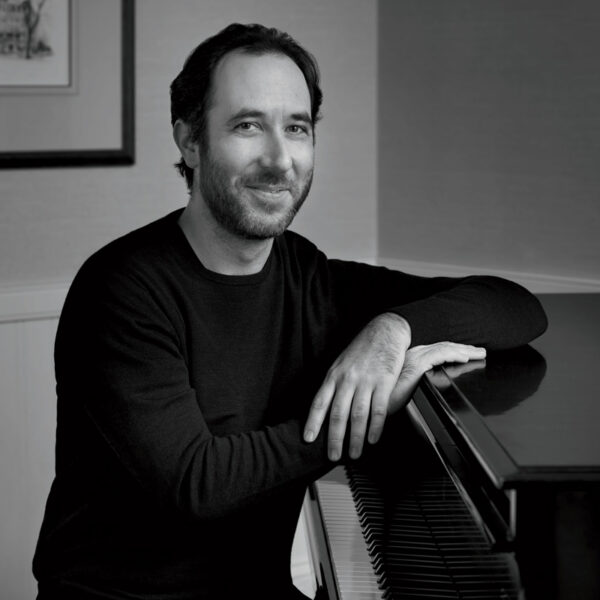
Jonathan Zalben’s journey to becoming an indemand composer and music supervisor for film and television soundtracks started in public elementary school in New York. Back then, it was customary for New York public schools to provide each student with a musical instrument as a way of tapping their potential interest in song.
“I started playing violin in the public schools in New York. They used to go around and give each kid an instrument to play,” Zalben says. “Violin was the smallest instrument they were offering so that is what I went with and immediately fell in love with it. That was the bug that bit me, and I’ve continued with it ever since.”
Zalben played violin for a few years in elementary school and eventually found a private teacher named José Sanchez. Sanchez’s teacher was at Juilliard, so he passed Zalben along to her and he ended up at Julliard for six years studying violin and eventually composition.
“I remember the reason I got into music composition was my music theory teacher there gave us a music theory assignment where we had to do some writing exercises and I really enjoyed it,” says Zalben. “He asked me if I’d ever thought about doing composing and I told him that I thought everything had been written already.”
At the time, Zalben figured there had been no classical music written after 1950—there was only pop music after that. The teacher opened up a new world to him and he decided he wanted to be involved in music composition. He’s always loved pictures and imagery, so it was a natural fit to him to put those two together.
He began doing music for commercials and eventually some of the contacts he knew started making films, so he started scoring their films and getting jobs related to film work. Eventually, one of the films he scored was selected for Slamdance, a festival that runs concurrent to Sundance in Utah.
“I ended up stopping by on the way to playing shows on the West Coast and I remember walking up the stairs to the festival office and I heard some music playing and it sounded really familiar,” he says. “I realized it was my music, so I thought that was pretty cool and for some reason it never hit me that this was something that people were going to watch and listen to outside of a single show where you play and it’s wonderful and then it’s done.”
At the Slamdance Festival, Zalben met with Jonathan McHue, a well-known music supervisor and producer, who showed him a film he was working on at the time. Then, while Zalben was playing shows out west, McCue called and asked him if he could finish scoring the film. The original composer had to drop the project.
“So, from my hotel room in Seattle in between shows I immediately start scoring that film. I ended up going to L.A. right after that and meeting more people,” Zalben says. “Pretty quickly I moved out to L.A. and then spent a number of years working there. Now I’m back in New York and Jonathan McCue is someone I’ve continued to work with, including two or three projects this year.”
Along the way, Zalben met and married Lake Forest native Kate Feather. He likes to say they both grew up on the North Shore, only hundreds of miles apart—he on the North Shore of Long Island and her on the North Shore of Chicago. The couple, along with their children, spent part of this past holiday in Lake Forest. They’ve been married 10 years.
Zalben approaches composing or supervising music for film and television pretty much the same way, but there are differences, mainly schedules and scope of the projects.
“In television you’re dealing with a much more compressed schedule and lot more material because sometimes you’re pumping out an episode a week,” he says. “With both I tend to really let the story and the characters dictate how everything falls into place.”
He usually starts with a rough cut or the assembly stage of a production. He says he looks at images from a project and thinks about the rhythm of the editing and the emotion that’s being portrayed on camera and what he’s feeling about it.
“I’ll use that as a starting point and then start sketching out ideas. Sometimes I’ll start writing immediately, original music, and sometimes I’ll listen to other people’s music to see what is working,” Zalben says. “Eventually after I’ve started getting the juices flowing, I put it all aside and then I just write sketches and themes. Some of those end up in the finish product and some of those end up in the recycle bin.”
Zalben also likes to write what he calls “away from the picture” so the music can stand on its own. He’ll then circle back to the picture and strip the music back to its essence.
“I view it very much as a conversation between the two elements,” he says. “It’s a slightly longer process in that sense but I think it leads to a lot of creativity and a lot of cohesion between the images and the music.”
Zalben says he’s very much a melody-driven composer, so he often starts with just playing a melody on the piano and figuring out the instrumentation later on. Other composers might start with the instruments they want to include in the music and build from there.
In addition to composing for soundtracks, Zalben often serves as Music Supervisor for film and television soundtracks. In that role he might draw from his extensive CD collection or rely on his network of contacts at record labels. One recent project was a documentary on PBS about the well-known bassist and jazz musician Ron Carter.
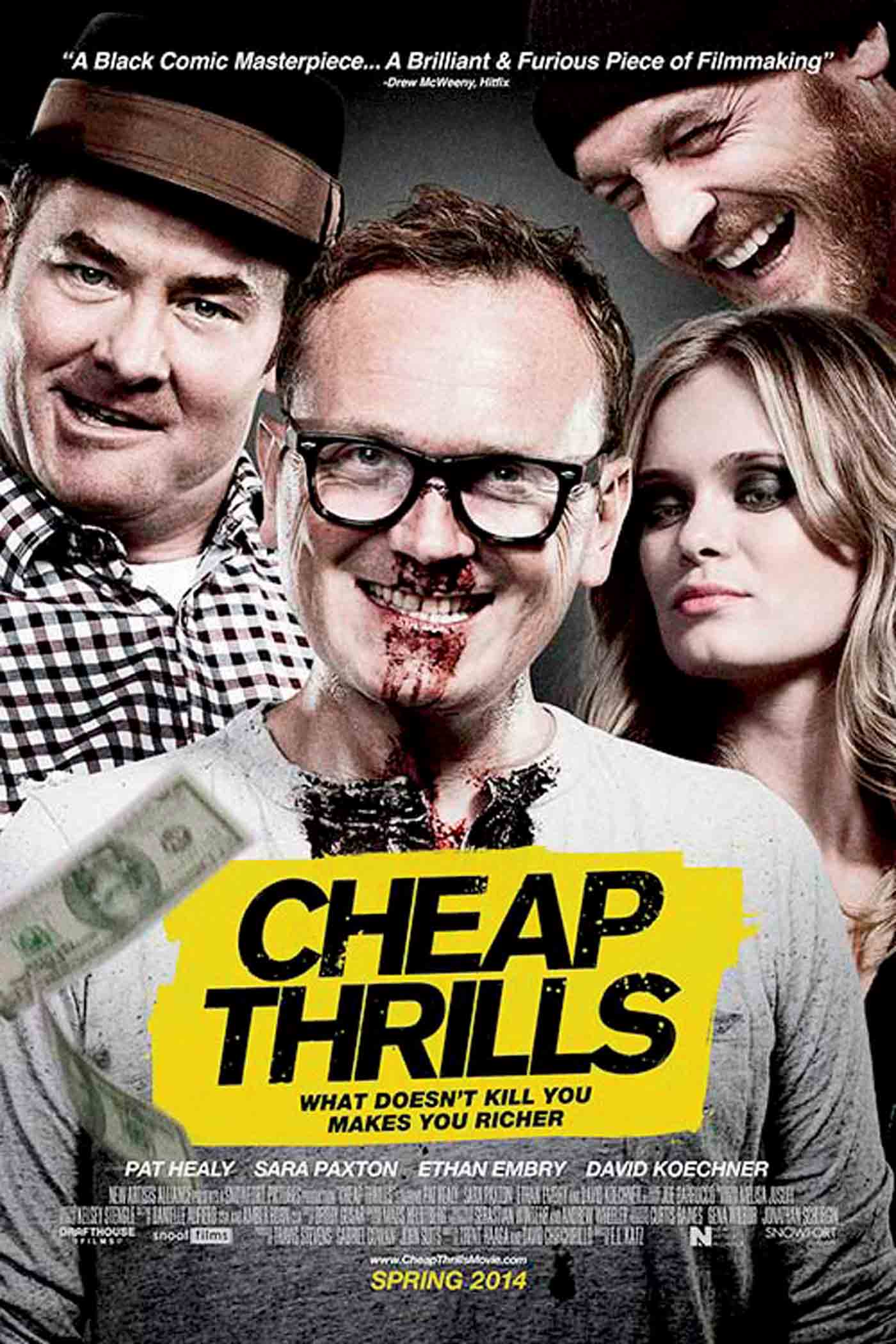
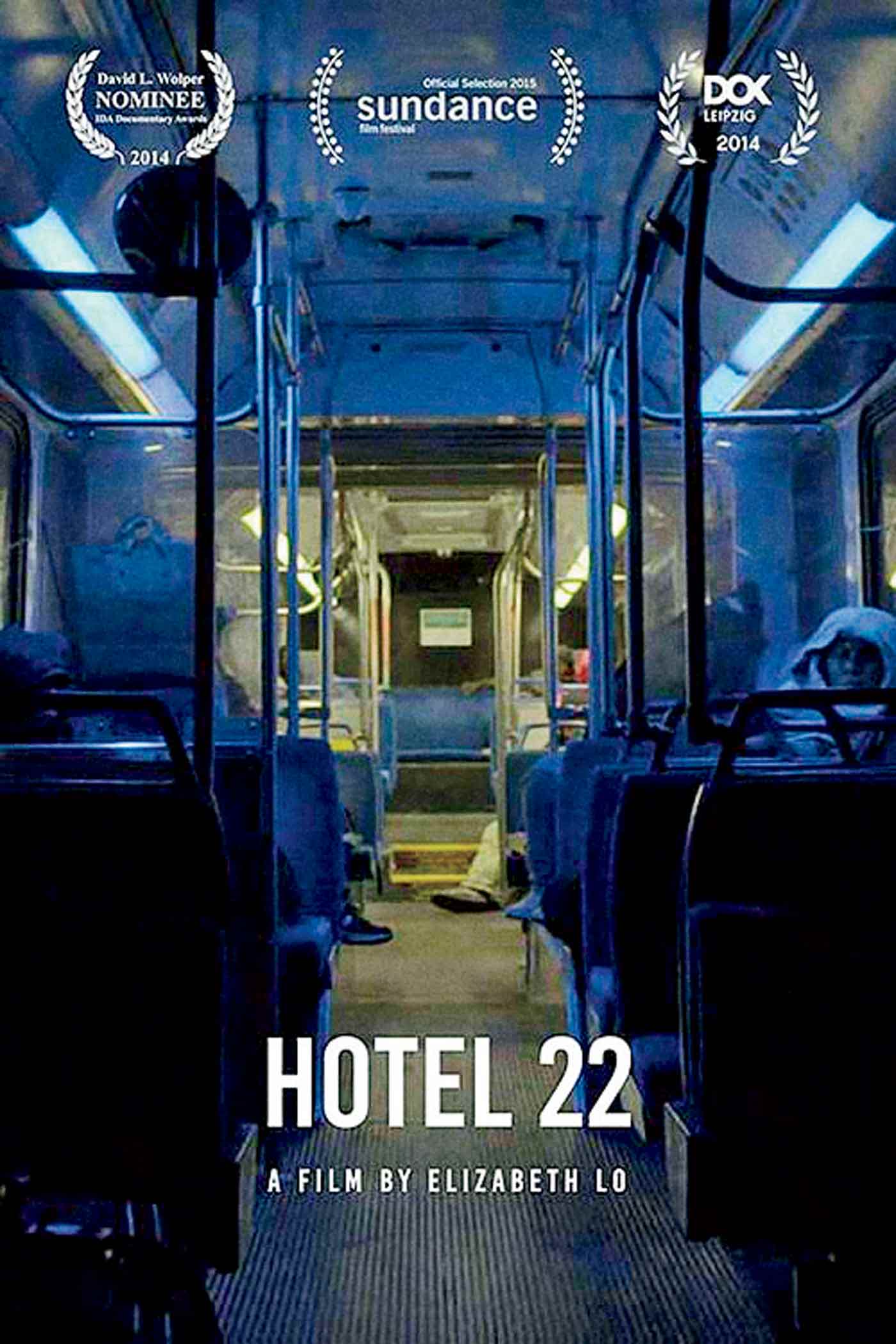
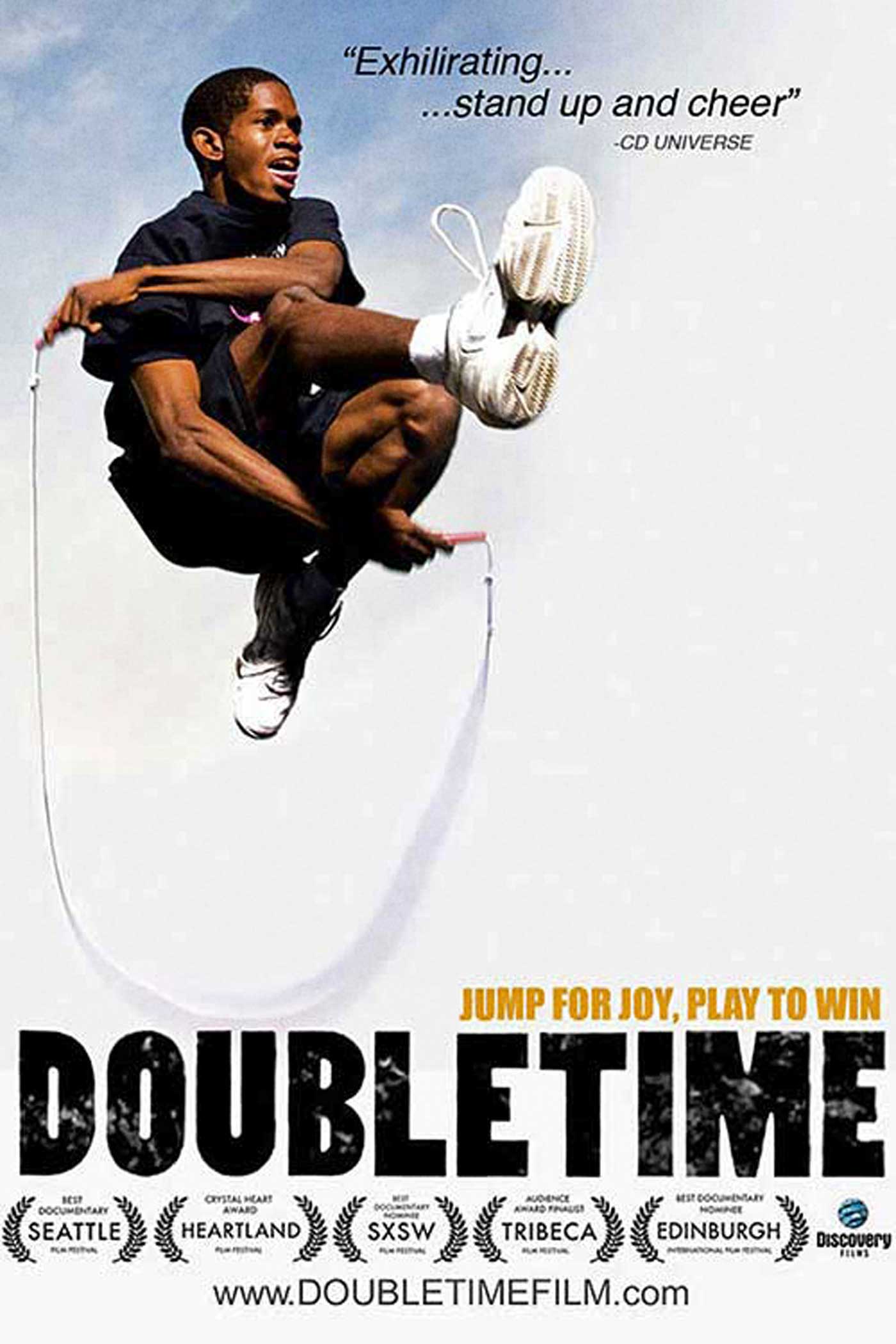

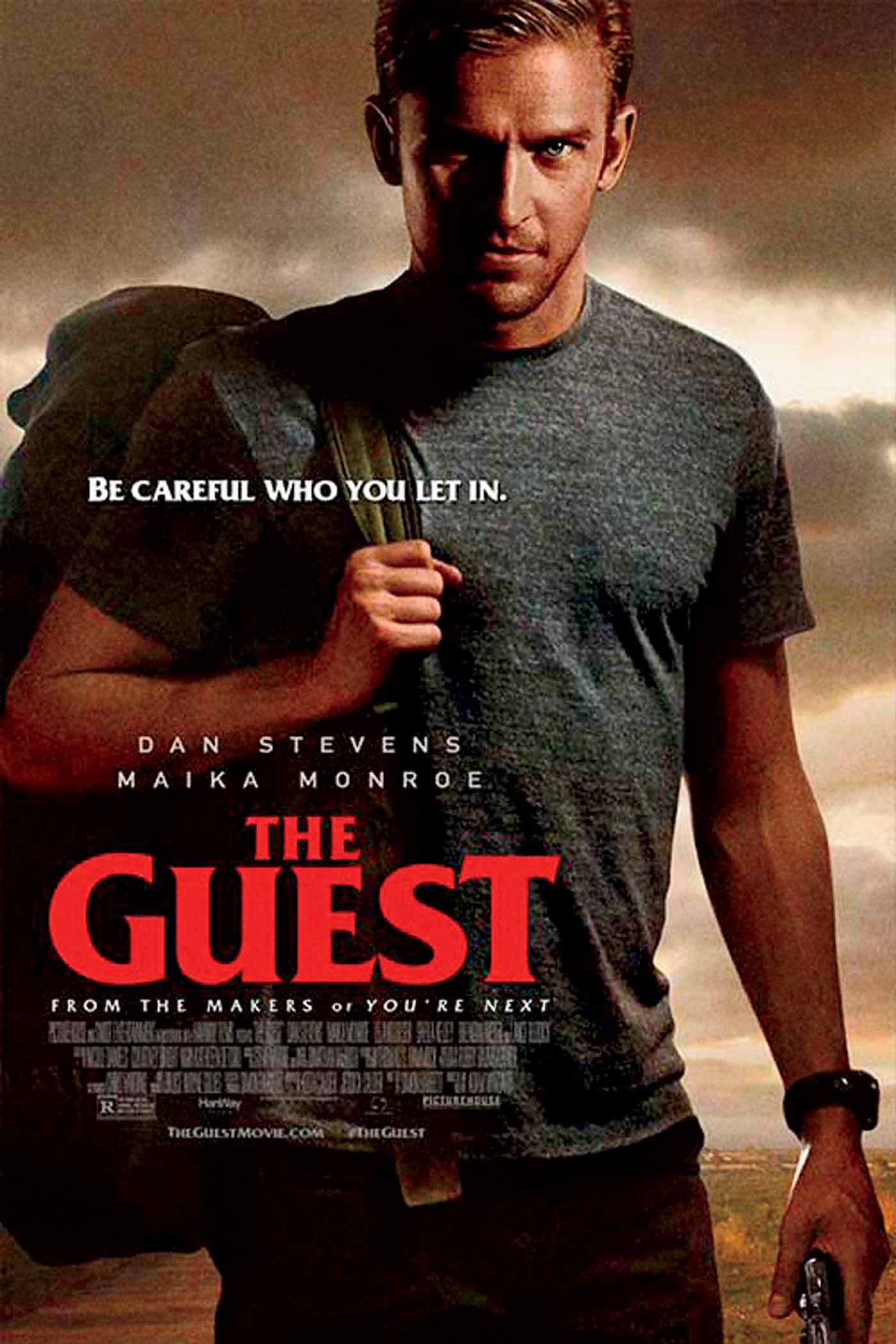
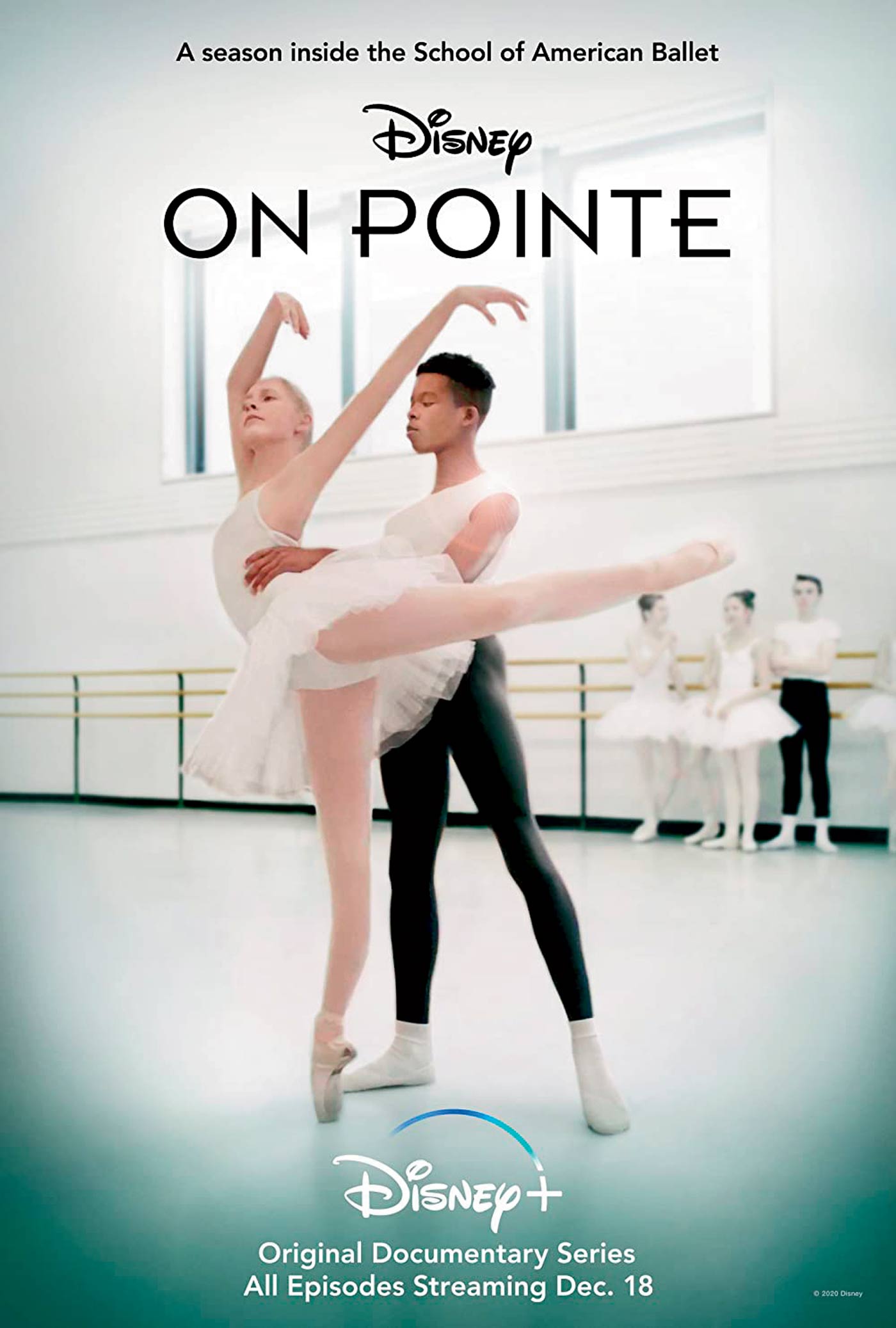
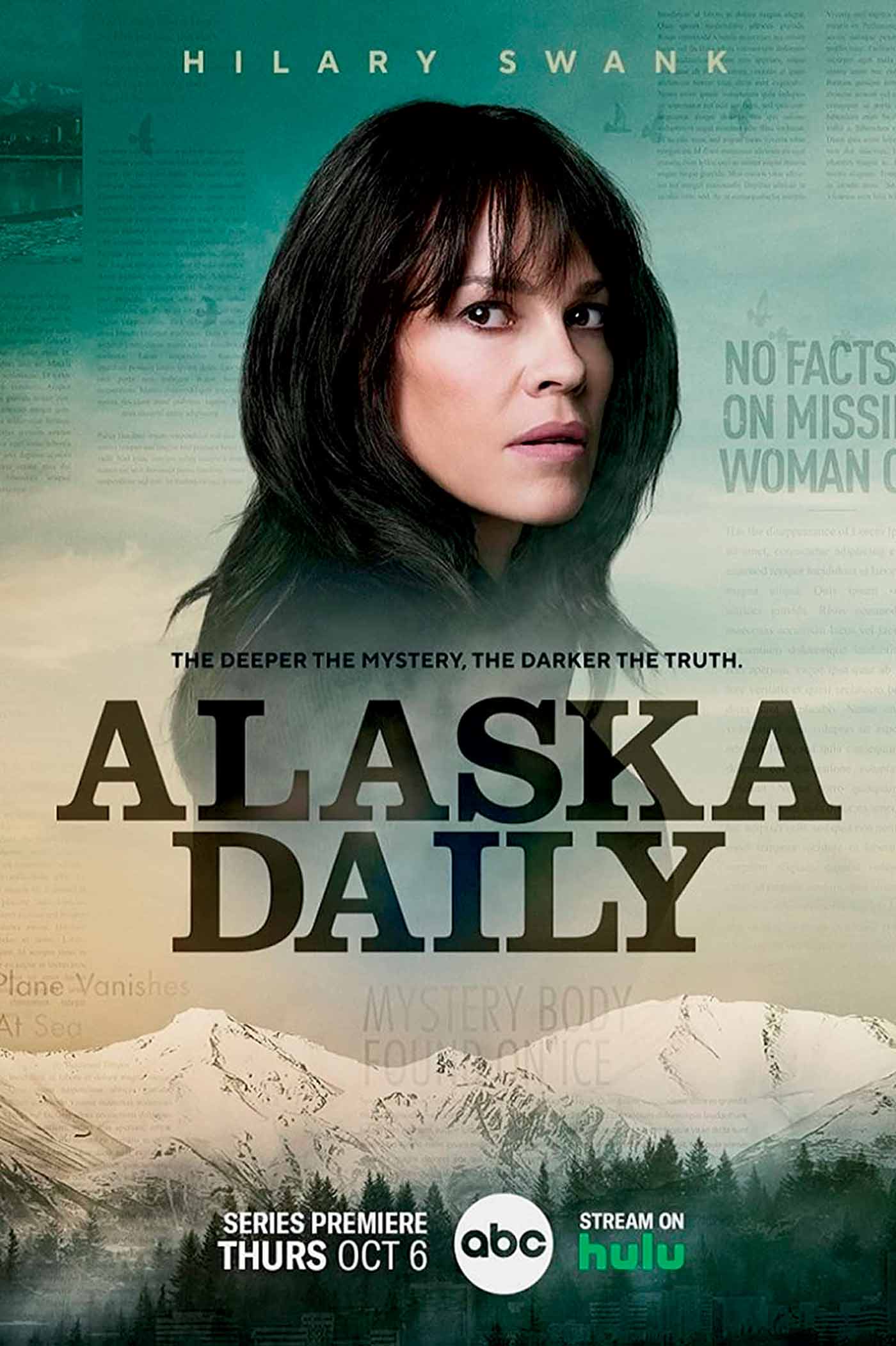
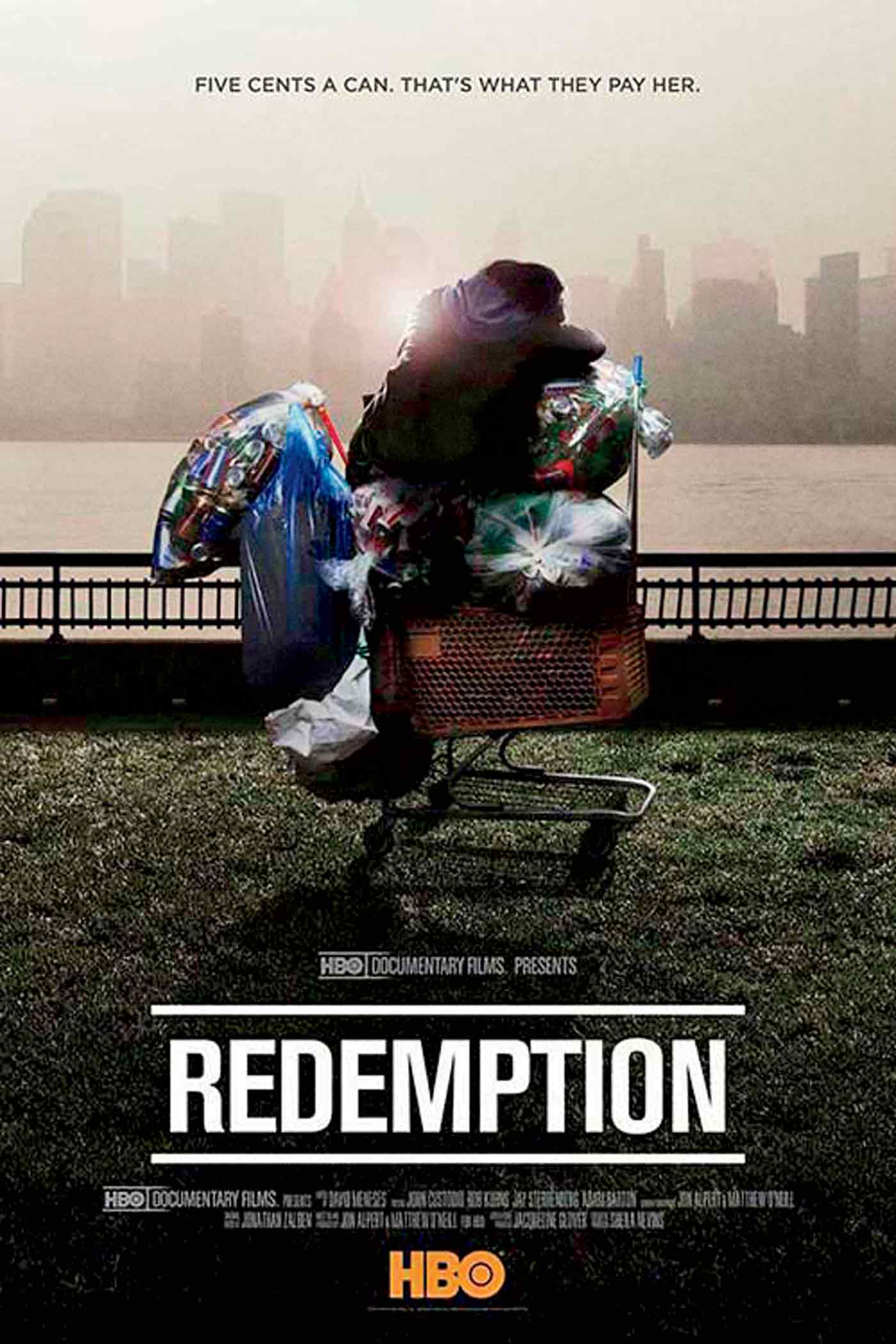
“The documentary is called Ron Carter: Finding the Right Notes, and it was wonderful to work on. I really enjoyed working with the director Peter Schnall,” he says. “Ron Carter himself was a joy to work with and I’ve been a fan of his for many years, so it was amazing to dive into his extensive catalogue.”
Even when films have a lot of money, it doesn’t always mean they have a big budget for music, Zalben explains. He’s always trying to find music for the right price. Recently, he was music editing a film and he went to his CD collection, and I ripped the audio from a CD.
“The editor of the film loved it because it’s not music that was widely released. They were looking for authentic tunes that could be affordable for the film,” Zalben says. “There are albums I have that are not available online because of rights and restrictions.”
One other approach Zalben takes when he’s music supervising, especially when the era or the style depicted in the film is important, is to approach different music labels for ideas.
“Sometimes a soundtrack might have a lot of punk rock music and so I’ll go to the different labels and publishers that feature that kind of music,” Zalben says. “I let them know what our budget range is and ask them if they have tracks within that range.”
Certain filmmakers they are very specific about what bands or even specific tracks from certain bands that they really want, Zalben says, so it’s all about just chasing down that thing that they really want or finding a suitable alternative.
“Sometimes the alternative ends up being better than the original because there are fresh elements that bring fresh life to the story,” he says.
Jonathan Zalben produced the soundtrack to Ron Carter: Finding the Right Notes which was listed in the Top 10 jazz albums of 2022 by WBGO and in the top 40 by Jazz Times. He music supervised “Shut Up and Paint” which is shortlisted for this year’s Academy Awards in the best short documentary category and music edited TILL, which is shortlisted for best original song. Zalben also orchestrated a number of 19th century classical works for the latest season of The Gilded Age on HBO, due out this February. You can learn more jonathanzalben.com.
Sign Up for the JWC Media Email